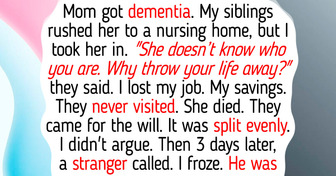Since only "blood relatives" were invited, I would have stood up and said my thank you to the hostess and walked out. She was a "relative" through marriage, not BLOOD.
My In-Laws Invited the Whole Family to a Gathering — But Left My Children Out
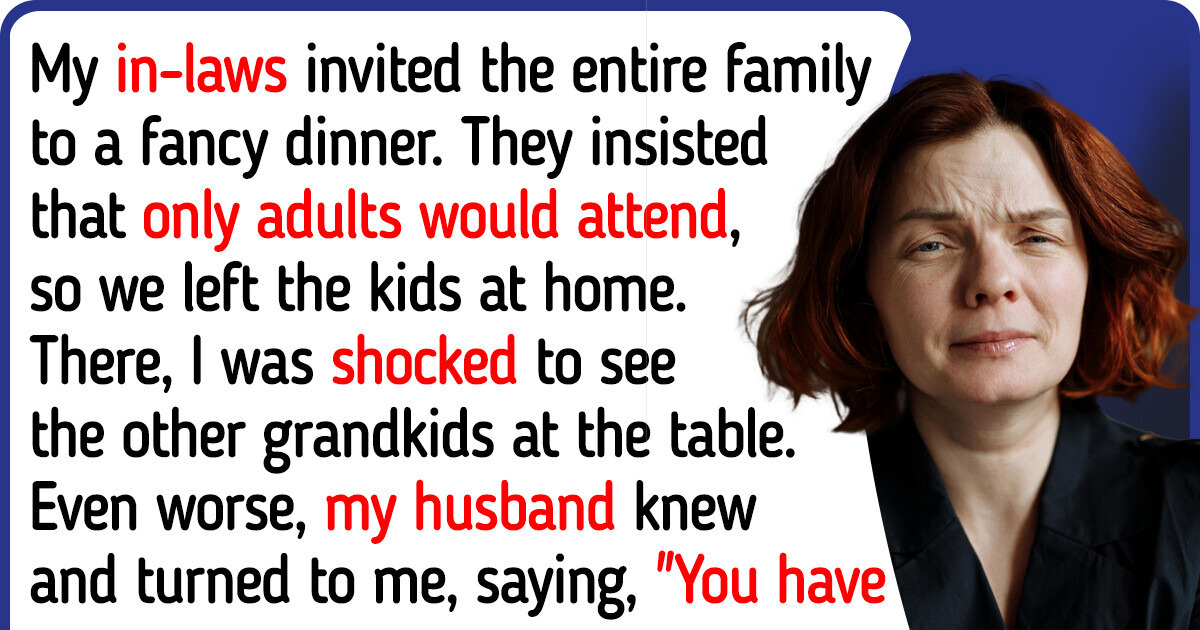
One of the toughest feelings for a mom is when her children aren’t accepted or feel left out. Nadine, a Bright Side reader, faced a similar situation. She felt devastated to see her in-laws treating her kids differently from their other grandkids and excluding them from an important family event. Nadine reached out to us for advice.
This is Nadine’s letter.
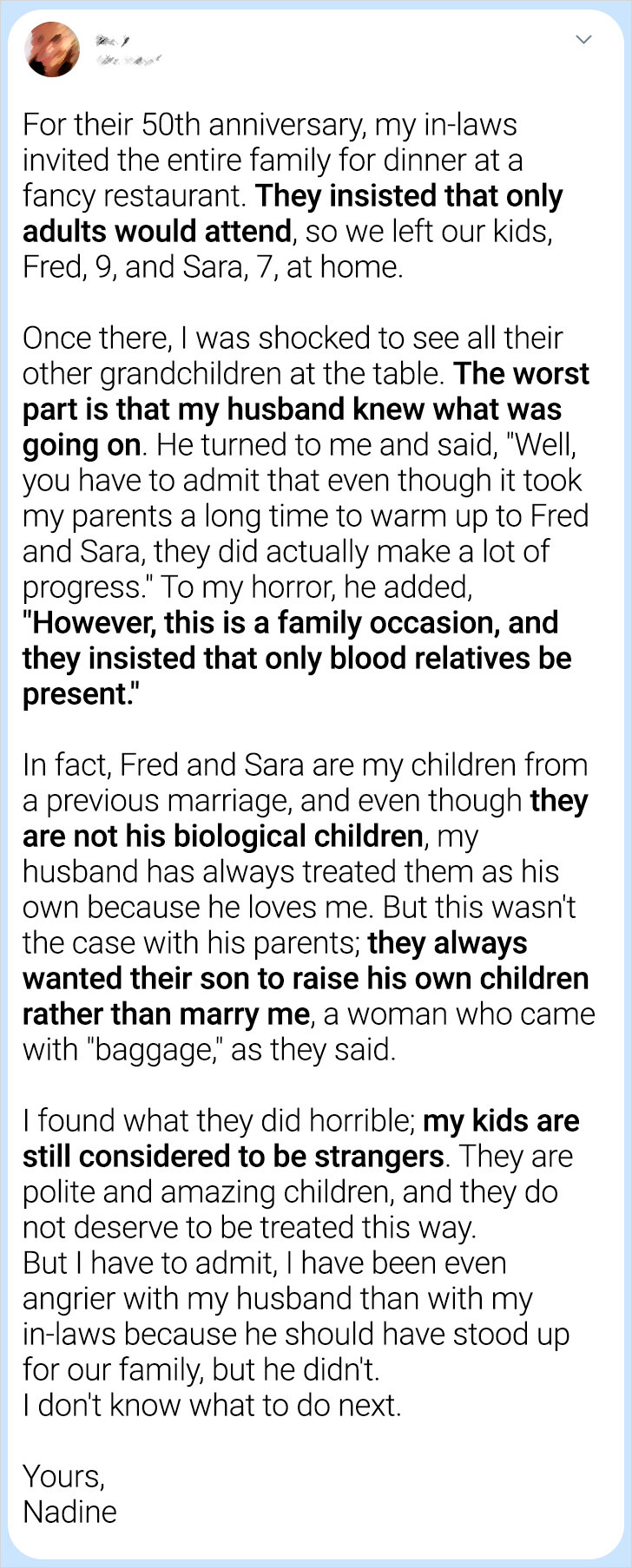
Thanks for sharing your story with us, Nadine! We’ve prepared a few tips that we hope can help you navigate through this delicate situation.
Have a heart-to-heart conversation with your husband.
Sit down with your husband in a calm and private setting. Express your feelings openly and honestly about how his lack of support made you feel during the family dinner. Use specific examples, such as how seeing all the grandchildren except Fred and Sara affected you.
Encourage him to share his perspective as well. This dialogue can help both of you understand each other’s feelings better and find a way to move forward together as a united front in dealing with his parents.
Set boundaries with in-laws.

Depriving others would result in isolating deprivers in future! Do not be disappointed.
It’s essential to establish clear boundaries with your in-laws regarding how Fred and Sara are treated within the family. Have a respectful but assertive conversation with them about their exclusionary behavior and how it impacts your children.
Emphasize that Fred and Sara are a vital part of your family and deserve to be treated with love and acceptance like any other grandchild. Encourage them to make an effort to include your children in future family gatherings and activities.
Family therapy or counseling.

I know its 2024, but seriously, we are over doing the "therapy" thing. Sometimes you NEED a good argument. Yell, scream, break something. That is GOOD therapy. 80% of the time, it begins to clear the air. Trust the 71 y/o who was married for 50 years.
Consider seeking professional help from a family therapist or counselor who can facilitate productive communication and problem-solving within your family dynamic. Family therapy sessions can provide a safe space for you, your husband, and potentially even your in-laws to address underlying issues and work towards reconciliation.
A neutral third party can offer valuable insights and strategies for navigating challenging family dynamics and finding constructive solutions.
Seek support from extended family.
Reach out to other family members who may be more supportive and understanding of your situation. They can offer emotional support and possibly intervene on your behalf with your in-laws.
Having allies within the family can help reinforce the importance of accepting Fred and Sara as integral members of the family unit, regardless of biological ties.
Kate is another mother who found herself in an uncomfortable situation. Kate felt devastated when her husband refused to pay her son’s college tuition, stating that his biological dad should be responsible. She reached out to us asking for advice.
Comments
Related Reads
My In-Laws Consistently Exclude Me From Dinners, So I Decided to Teach Them a Lesson
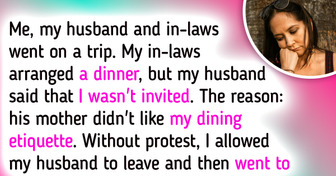
My Only Son Excluded Me From His Wedding Because of His Fiancée’s Dark Scheme

My MIL Accused Me of Stealing Her Son and Tried to Get Revenge
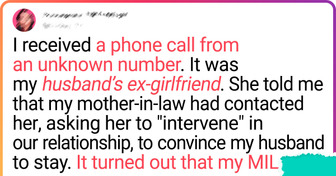
I Will Not Tolerate Humiliation Just Because I’m Not Rich

12 People Who Experienced the Most Eerie Kind of Disgust

13 Thanksgiving Dramas That Were Juicier Than the Turkey

20 Bright Siders Share Stories That Prove Children Live to Tell the Truth to Anyone They Meet

14 Hilarious Stories About Really Awkward Situations

I Refuse to Give Up My Dream to Help My Stepdaughter

13 Stories That Show the Softest People Have the Strongest Hearts

16 Stories That Show Kindness Is a Safe Refuge in the Middle of the World’s Chaos

11 Moments That Prove Kindness Is the Warmth the World Needs
